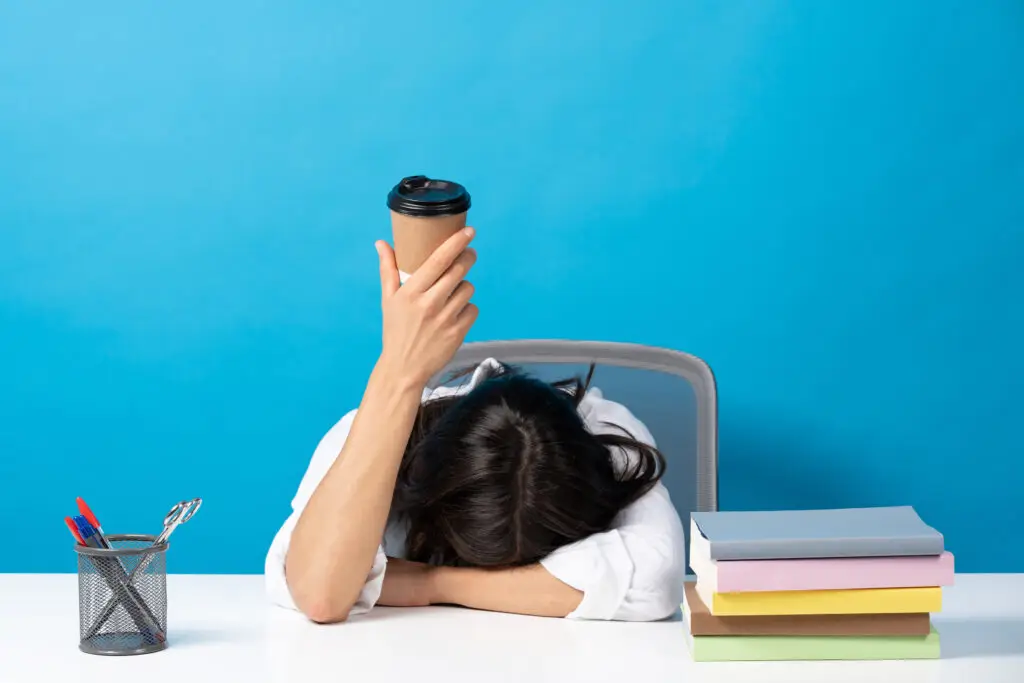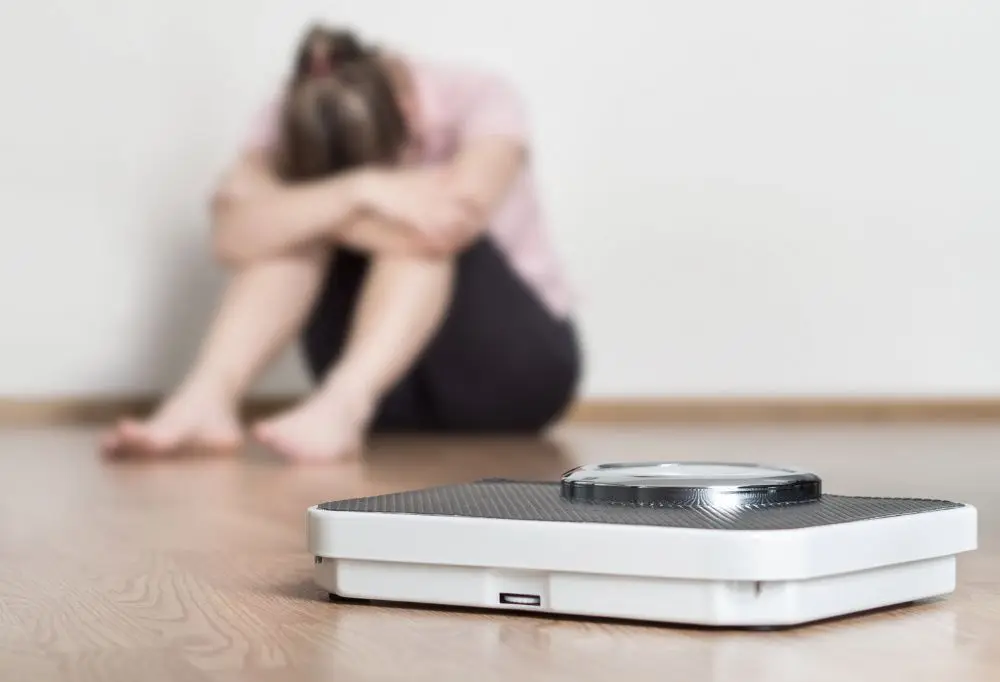Caffeine is the most popular nervous system stimulant in the world and can be a really comforting ritual. But, like most things, it’s always good to take a step back and assess your dependency and the effects your daily habits are having on you.
How Caffeine Works
A quick caffeine lesson
Throughout the day, the body uses ATP (adenosine triphosphate) to create energy. A by-product of that process is adenosine, a central nervous system modulator that helps our body register that we’re tired and need rest. Caffeine has a similar chemical profile as adenosine and when we ingest it, “plugs” into the place of adenosine. The 4-6 hour result is that the effects of exhaustion and tiredness lessen (nice!).
What happens to your brain when you drink caffeine?
Regular consumption of caffeine leads to the development of more adenosine receptors in the brain. Consequently, when caffeine intake stops, a sudden surge of adenosine floods the brain, causing drowsiness.
Caffeine and Stress
Caffeine intake can increase cortisol levels in the body. Cortisol is a hormone that is released in response to stress, and it plays a role in regulating the body’s response to stress. When caffeine is consumed, it can stimulate the release of cortisol from the adrenal glands, leading to an increase in cortisol levels in the blood.
While caffeine increases cortisol levels, the effect is usually temporary and returns to normal once caffeine is metabolized and eliminated from the body. However, chronic caffeine consumption may lead to a blunted cortisol response over time. This could potentially have negative effects on stress regulation and overall health.
What is caffeine withdrawal?
People may experience headaches when they stop drinking their caffeinated beverages. Caffeine is a stimulant that can cause blood vessels in the brain to constrict. When caffeine is withdrawn, these blood vessels may dilate, leading to headaches. Additionally, caffeine can affect the levels of certain neurotransmitters such as serotonin and dopamine. This can contribute to headaches and mood changes when caffeine intake is reduced or stopped.
How to reduce your caffeine intake
This easy caffeine reduction protocol can help you to slowly back off caffeine over the course of two weeks.
Caffeine Reduction Protocol
- Days 1-3: Brew 3/4 regular caffeinated coffee with 1/4 decaf coffee.
- Days 4-6: Reduce the ratio to 1/2 regular, 1/2 decaf.
- Days 7-9: Reduce to 1/4 regular coffee and 3/4 decaf.
- Days 10-12: Finally, transition to completely decaf coffee, and you are caffeine-free!
- Days13-15: Replace your decaf coffee with an herbal tea or a caffeine-free coffee substitute.
Benefits of Quitting Caffeine
There are so many benefits once you break up with caffeine including:
- Increased energy levels
- More restful sleep
- Reduced anxiety
- Improved mood
- Fewer headaches and muscle ache
- Reduced heartburn and acid reflux
- More balanced hormones
- Better absorption of nutrients
- Balanced brain chemistry
- Lower blood pressure
- Healthy digestion and gut health
Need support reducing caffeine? Have other health challenges you want to tackle?
Try one of our expert health coaches who can guide you through nutrition, lifestyle, movement, sleep and stress management to help you on your path to wellness. Everyone needs an accountability coach and cheer leader and Forum Health’s health coaches do just that.






